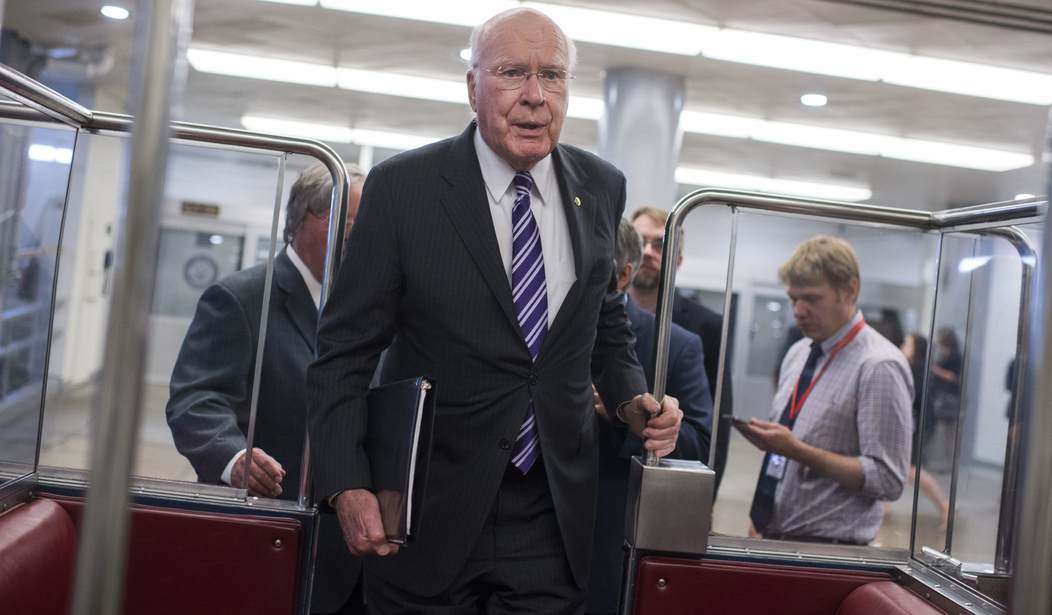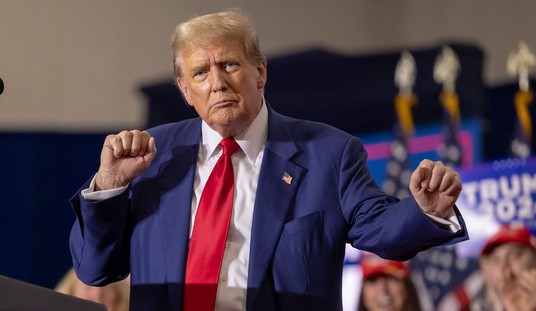WASHINGTON – Citing racism sparked by the 2013 Shelby County v. Holder Supreme Court decision, Sen. Patrick Leahy (D-Vt.) last week introduced legislation that would restore a key provision included in the Voting Rights Act of 1965.
“I’ve never seen a time like this, where we as a nation are battling inequality, racism, bigotry, xenophobia,” Leahy said at a news conference on Capitol grounds. “We Americans can’t be silent. We’ve got to stand up.”
Shelby eliminated the need for nine states to seek federal approval for altering voting laws. Almost immediately after the decision, controversial voting laws in Texas and North Carolina went into effect: both states enacted voter ID laws, while North Carolina also scaled back early voting options like same-day registration and banned legal out-of-precinct voting, among other measures. The 4th U.S. Circuit Court of Appeals later found the new voter laws in North Carolina to be discriminatory toward minorities.
Other states influenced by Shelby include Arizona, Ohio and Wisconsin, as well as Alabama, where the Supreme Court decision originated.
Leahy was joined by House Democrats, who introduced companion legislation on June 21, the day before the Vermont senator’s bill was released publicly.
The senator recalled a virtually unanimous decision in passing the original Voting Rights Act in 1965, when Lyndon B. Johnson was president. Leahy said that those who oppose returning to the original scope of the act want to revert the country to the pre-Civil Rights era, while arguing that the “sacred right” to vote should not be a partisan matter.
Both pieces of legislation would restore section 4 of the Voting Rights Act and subject states with a history of voter suppression to federal oversight. Thirteen states have four or more voter rights violations since 1990, including California, New York, Alabama, Mississippi, South Carolina, Georgia and Arizona.
Leahy’s legislation has garnered 46 co-sponsors, though no Republicans have signed onto the measure. The House bill, which was introduced by Reps. Terri Sewell (D-Ala.) and John Lewis (D-Ga.) and House Minority Leader Nancy Pelosi (D-Calif.), has gained 185 all-Democrat co-sponsors.
Leahy also introduced the Automatic Voter Registration Act, which would automatically register eligible voters “when they interact with certain state and federal agencies,” potentially adding 50 million new voters around the country. He has said that voting rights should not be a partisan issue, claiming that racism has risen to unprecedented levels.
Republicans like Wisconsin Gov. Scott Walker have championed voter ID laws, arguing that they are common-sense reforms that curtail voter fraud. Rep. Luke Messer (R-Ind.) in April introduced the Election Integrity Act of 2017, which would require voters to present valid, government-issued IDs to participate in federal elections starting in 2020. Eighteen states, including Indiana, and the District of Columbia do not require photo identification to vote.
Lewis said last week, during the introduction for the House bill, that voting should be as accessible as a “clean glass of drinking water,” while Pelosi proclaimed that the measure will pass in both chambers. Sewell said the time to restore the vote is “now.”
“As state after state create new barriers to the polls, our work to prevent discrimination and protect the rights of all voters has taken on a new urgency,” Sewell said in a statement.









Join the conversation as a VIP Member